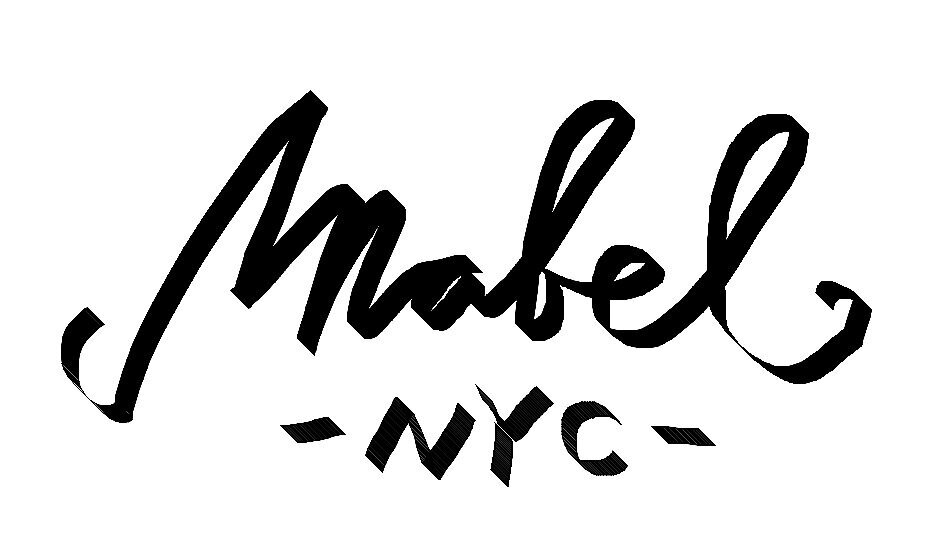Can this sticky substance improve your life?
Options. So many of them.
Is your Highly ritualized life optimized by
a Morning herbal paste
as created by brands like:
Hanah One
Sun Potion and
Jabur ??
Well, perhaps it should be.
I first learned about chyawanprash from Scott Linde of Sun Potion, whose shockingly delicious herbal concoction “Prash” inspired me to do further research.
Turns out Chyawanprash is a traditional Indian supplement usually taken in the morning by the spoonful, melted into tea or spread on toast. It can include a variety of different herbs suspended in a mixture of ghee and honey, but its heavyweight ingredient is Amalaki, also known as Amla or gooseberry.
Ayurvedic wisdom states that herbs have more power when used in combination and delivered via fat (ghee) and honey than if they were taken individually as supplements. Like raw honey or wine, each batch is as varied as the geography where its ingredients originate, and so mild variation is to be expected from jar to jar.
Can something this delicious be healthy too?
It’s not surprising to me that Sun Potion has formulated “Prash” as Scott and Nitsa’s lifestyle and vision for Sun Potion endorses the ritualization of herbs, a philosophy which they share with Ayurvedic teachings, supported by the idea that the way you consume herbs is just as important as the herbs themselves.
Ayurveda is the ancient Indian lifestyle science which emphasizes the importance of incorporating traditional herbs into one’s daily life as preventative medicine so as to optimize function of the body, mind and spirit of an individual. Using mostly Sun Potion products, Scott and Nitsa operate the hashtag #apotionaday on Instagram, where other potion fiends share their often beautiful, frothy concoctions.
The use of ghee is believed to operate as a vehicle to drive the herbs deeper into your body, and make them more bioavailable than if they were taken separately or in powder form.
Amalaki AKA gooseberries provide a whole host of medicinal properties and is considered divine in Hinduism because unlike any other fruit, it contains five of the six Ayurvedic tastes, exorbitant amounts of vitamin C and is thought by some to be the tree under which Buddha obtained enlightenment. Other herbs commonly found in Chyawanprash include ashwagandha, astragalus, ho shou wu, and shatavari.
gooseberries....mmmmm!
Hanah One: some tasty sh*t
In addition to Sun Potion, there is another posh formulation of Chyawanprash created as the singular product “Hanah One.” Hanah One is more “biohack tool” than “ritualized herbal lifestyle supplement” (ahem, Sun Potion.) On the Hanah One website there are testimonials from athletes who use the product to improve performance and generate what they refer to as “horsepower.” Others cite its ability to assist in weaning off coffee as well as its ability to replace other supplements altogether.
Hanah One creator Joel Einhorn spent years developing his recipe, which is grainier and smokier than Sun Potion's Prash, with a rich, dark consistency not unlike molasses, if you were to mix it with coffee grounds. I noticed significant variation in taste and texture between the to-go packets (handy, buttery, and more like Prash) and the bigger black jar which is about as luxurious on my countertop as the black smoky jam inside is mysterious.
I also tried an unpretentious version from Dabur, an Indian mainstay sold in just about every Indian grocery store in Manhattan’s Little India (late 20’s on the East side of NYC, starting at and extending far beyond Kalyustan’s). This $7 version incorporates a huge herb list and although Prash and Hanah One are both sweet in a caramel-type of way, Dabur’s Charywanprash tastes more of tamarind, with a kick. This formulation appealed most to two of my taste testers who quickly discovered that it is also quite nice enjoyed with cheese and crackers.
Dabur: really from India
I enjoy Dabur's chyawanprash, especially knowing that the variety of herbs it delivers far surpasses the amount include in Prash and Hanah One, and I trust it for its authenticity and popularity, as it is a real Indian product-- but on a daily basis, I find myself gravitating to it less often than the smokier Hanah One, which I use almost daily, and the decadent Prash which I enjoy as a delightful afternoon treat to satisfy my sweet tooth. In conclusion, they are all delicious.
I recommend Hanah One if you are trying to wean off of coffee, as its dark smokiness is a fine substitute. Prash is lovely if you gravitate toward caramel flavors, and Dabur is excellent if you enjoy the flavor of tamarind and are looking for an authentically Indian chyawanprash packed full of herbs you might not yet be familiar with.
Have you tried any chyawanprash formulations?




